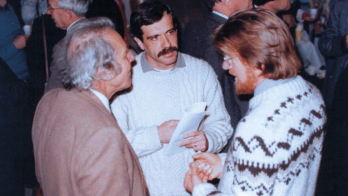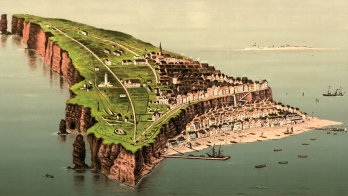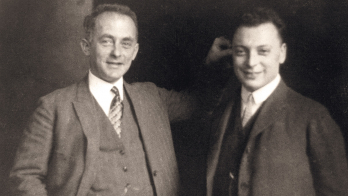By Alexander W Chao and Weiren Chou (eds)
World Scientific
Also available at the CERN bookshop
Volume 7 of Reviews of Accelerator Science and Technology is dedicated to colliders and provides an in-depth panorama of the different technologies developed since the construction in the 1960s of the first three: AdA in Italy, CBX in the US, and VEP-1 in the then Soviet Union.
Colliders have been crucial for proving the validity of the Standard Model, and they still define the energy frontier in particle physics because at present no machine can overcome the current LHC limit of 13 TeV in the centre of mass.
The book opens with an article by Burton Richter, a pioneer of high-energy colliders, who shares his viewpoint about their future. This is followed by contributions from leading experts worldwide, who discuss the characteristics, advantages and limits of machines that collide different types of particles. Proton–proton and proton–antiproton colliders are reviewed by Walter Scandale, electron–positron circular colliders by Katsunobu Oide, ion colliders by Wolfram Fischer and John M Jowett, and electron–proton and electron–ion colliders by Ilan Ben-zvi and Vadim Ptitsyn. Akira Yamamoto and Kaoru Yokoya then discuss linear colliders, Robert B Palmer muon colliders, and Jeffrey Gronberg photon colliders.
A section of the book is dedicated to the accelerator physics that form the basis of the design of these machines. In particular, Frank Zimmermann provides a general overview of collider-beam physics, while Eugene Levichev goes into more detail discussing the technologies for circular colliders.
The volume concludes with an article by Kwang-Je Kim, Robert J Budnitz and Herman Winick on the life of Andy Sessler, an accelerator physicist considered by his colleagues as an inspiring figure.
Comprehensive and containing contributions by high-profile experts, this book will be a good resource for students, physicists and engineers willing to learn about colliders and accelerator physics.









